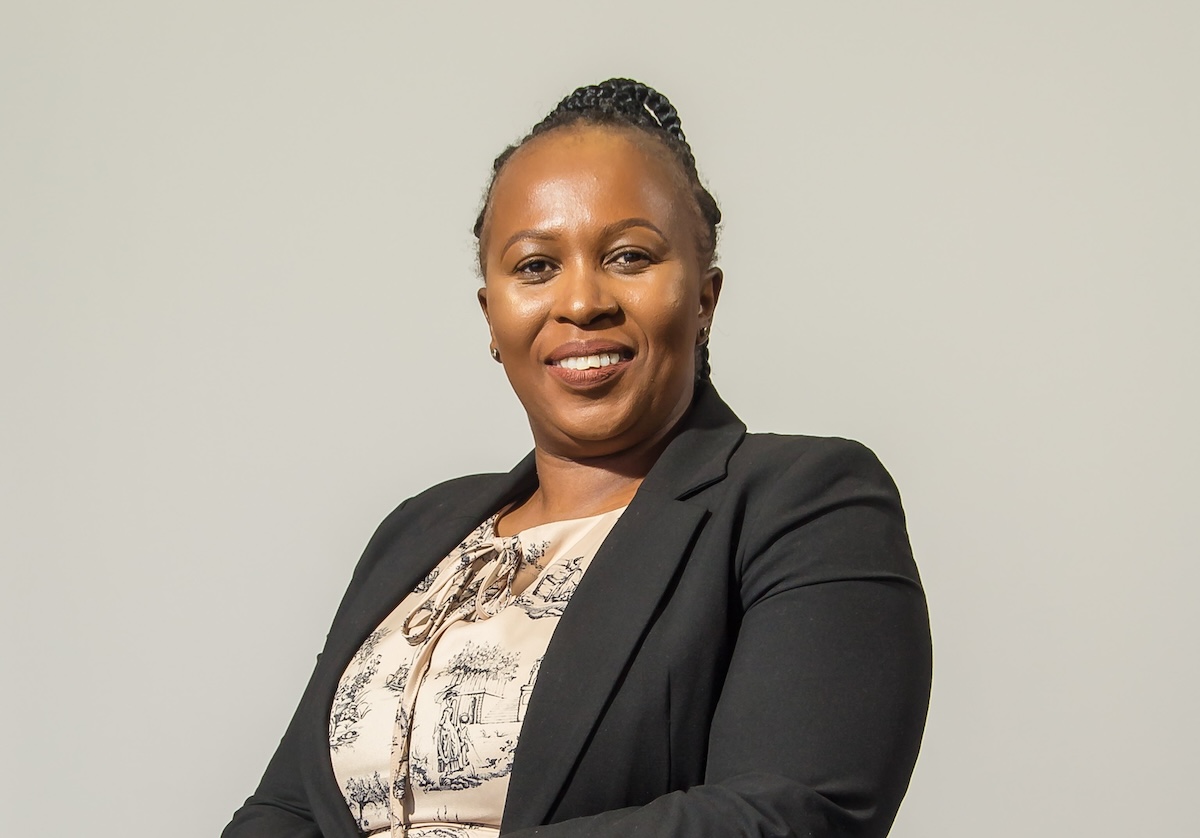The merSETA CFO: Ncedisa Mpande

By Fiona Wakelin & Naledi Mokoena
During her tenure at The Manufacturing, Engineering and Related Services Sector Education and Training Authority (merSETA), Ncedisa Mpande has ensured that the organisation formed strong partnerships with various provincial offices across the country, one of which has resulted in the training of 6 000 young people as solar technicians. It is also through her leadership that the merSETA forged partnerships with various higher education institutions in the country, resulting in the clearing of historical debt for 30 000 students, allowing them to graduate and gain access to the job market. She also ensured that the merSETA partnered with NSFAS, resulting in the funding of 300 students from the “missing middle” to study at various public universities across South Africa. These partnerships speak volumes to her commitment to skills development, thereby ensuring the empowerment of young people in the country. It is also through these partnerships that she ensured that the merSETA proactively lives up to its vision of being “Leaders in closing the skills gap”. Public Sector Leaders sat down with Ncedisa to find out more about her journey as a financial executive powerhouse.
With impactful leadership skills and a proven portfolio of work, Ncedisa Mpande is a graduate of the University of Cape Town (UCT) and the University of KwaZulu-Natal (UKZN), and is a Chartered Accountant. She first joined the merSETA as Chief Financial Officer (CFO), a post she has held for the past seven years. She recently added another significant leadership role to her portfolio, having acted in the position of Chief Executive Officer for 18 months.
Her career as a finance executive stretches over 15 years and she has applied her strong leadership skills across numerous fields including human resources, supply chain management, ICT and governance.

merSETA
Bridging the gap between unemployment and creating a cohesive platform for skills development is a key driver for the merSETA. The merSETA is one of the major role players in the manufacturing and engineering industry, which is vital to the growth of the South African economy - and, like the other Sector Education and Training Authorities, reports directly to the Department of Higher Education and Training. The key responsibility of the merSETA is to facilitate training in various sectors, channelled throughout its six chambers, which include auto, tyre, metal, plastics, motor retail and components manufacturing.
“The six chambers comprise about 400 000 companies, with only about 14 000 paying levies. We receive on average about R1.3 to R1.4-billion levies per annum, but not all of it goes into skills training initiatives, as a portion gets allocated to administration. The department allocates the funds to us, and we make sure that we distribute in the form of grants to Skills Development Facilitators (SDFs) and other stakeholders/partners,” explains Ncedisa.
In addition, the levies that are received by the merSETA are distributed in order to develop a Sector Skills Plan (SSP) aimed at identifying the key skills needed in the sector. Through various partnerships with both public and private sector organisations, funds get allocated to skills training providers and other institutions to implement skills development initiatives. Ncedisa emphasises the importance of the merSETA engaging with stakeholders to ensure that their concerns are addressed. “When you pay that one percent levy, you’d want to know what we are doing with it. So it’s crucial for us to be transparent in terms of how we’re using the money to ensure accountability," says Ncedisa.
Some of the merSETA flagship projects include funding TVETs with state-of-the-art technology to ensure young people are trained and prepared for future occupations. So far they have opened three centres - most recently in partnership with the Ekurhuleni East TVET College (EEC) and Festo, they launched a state-of- the-art Indwe 4IR Lab at the Artisan and Skills Development Centre in Springs on 12 March 2024.
“This is just one example of the many projects we are funding. Others include projects with different provincial governments to fund various skills development initiatives, such as in the Northern Cape Office of the Premier, where an enormous number of young people will be positively impacted. Looking at the number of beneficiaries in the various projects we are engaged in, a lot of young people are going to receive training in the various disciplines related to the mer-sector.
READ THE FULL MARCH 2024 COVER STORY HERE


.svg)











